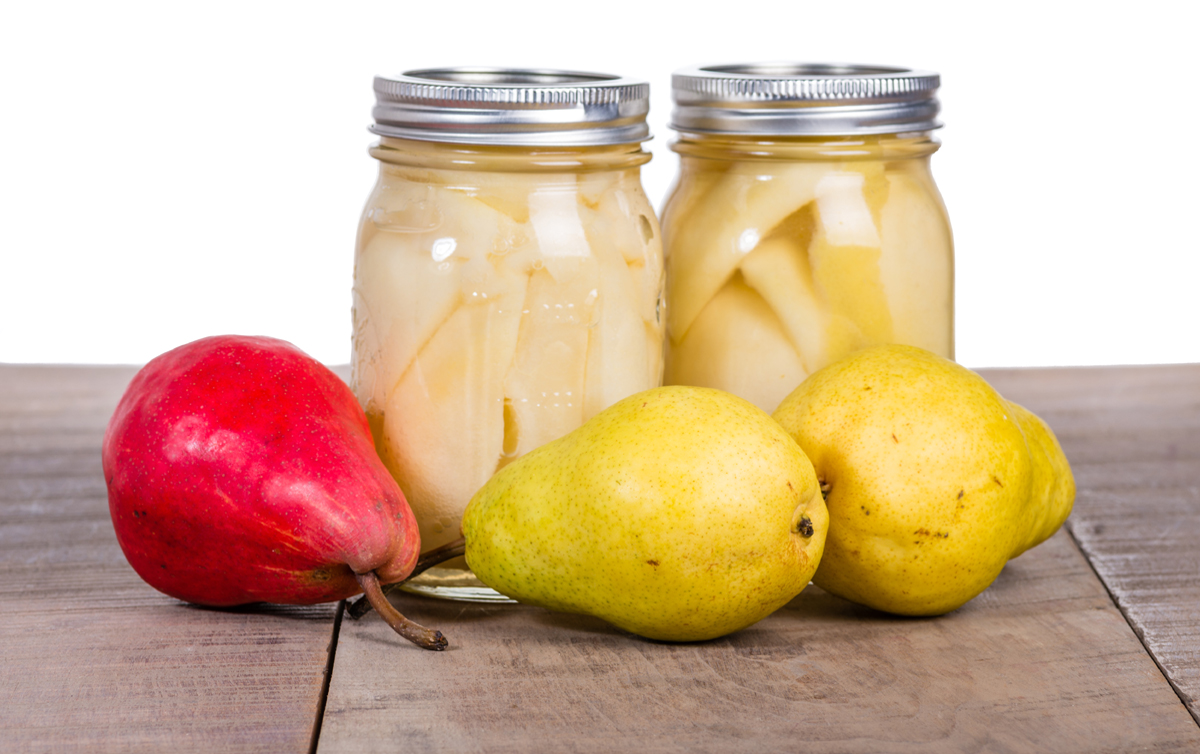
Eight reasons to consider canning
By Kathy Riggs
Now that gardens are planted and fruit trees are showing signs of small fruit, many people begin planning how they will preserve the harvest — canning, freezing, drying, and even freeze-drying. However, even die-hard food preservers may ask at times if the efforts of growing produce and preserving are really worth it. Here are eight reasons to consider canning.
Emergency preparedness
Preparing for potential job loss, earthquakes, or other natural disasters serves as incentive for many to participate in food storage and preservation.
Economically beneficial
Whether food preservation actually saves money depends on several factors: if you are able to grow your own high-quality produce; if you own the correct equipment in very good to excellent condition; the cost of electricity, natural gas or propane; and the cost of added ingredients and supplies such as sugar, pectin, lids, bottles, or freezer bags. A first-time food preserver may find it cost prohibitive to purchase a new pressure canner, dehydrator, or water-bath canner along with all the containers, etc., but those can be purchased over time.
Time saving
When considering this factor, it is important to think beyond the actual time to harvest, prepare, and preserve the food. The time savings actually comes into play down the line when the convenience of having a bottle of stewed tomatoes or frozen chopped onions and peppers on hand to make spaghetti sauce alleviates a trip to the grocery store or time spent preparing these items fresh.
Quality control
Time from harvest to jar or freezer is minimized when you can pick peaches in the morning and have them canned that same afternoon. Sometimes several days go by between harvesting and picking in a commercial orchard to the processing plant. Also, when it’s your hands sorting through the produce to make certain everything is cleaned and unwanted pieces are discarded, you are more confident in the overall quality of what you preserve.
Flavor
In general, it is difficult to find commercially preserved foods without added salt, sugar, spices, and in some cases dyes and firming agents or other additives. To a large degree, home-preserved foods can be prepared with reduced salt and sugar and added spices in your preferred amounts.
Health benefits
Those who have food allergies must always be on the watch for commercially prepared foods that have possible contamination from milk, tree nuts, gluten, and other potentially harmful allergens. Besides the freshness factor, when food is preserved at home, you are in control and can ensure that foods are properly prepared for your family. Reduced sugar recipes for diabetics and lowered salt content for family members with high blood pressure can also be used.
Reduced food waste
Home gardeners often produce more food than can be harvested and used fresh. For example, rather than having many stalks of ripened corn go to waste, cobs can be shucked, then cobs or kernels may be blanched and frozen. Remaining stalks can then be donated to a farmer to be used to feed goats or other livestock.
Emotional satisfaction
The idea of producing high-quality foods for future use from scratch can be very satisfying. The best way to feel totally confident in what is sitting on the shelf or in the freezer is to simply follow the approved guidelines and steps established by science and research, not necessarily from a blog, Pinterest, or a Facebook post.
For more information on home food preservation, contact your local USU Extension office or visit the National Center for Home Food Preservation at nchfp.uga.edu.
Kathy Riggs is a Utah State University Extension professor.
Articles related to “Eight reasons to consider canning”
Controlling those pesky food portions: my five favorite tips



